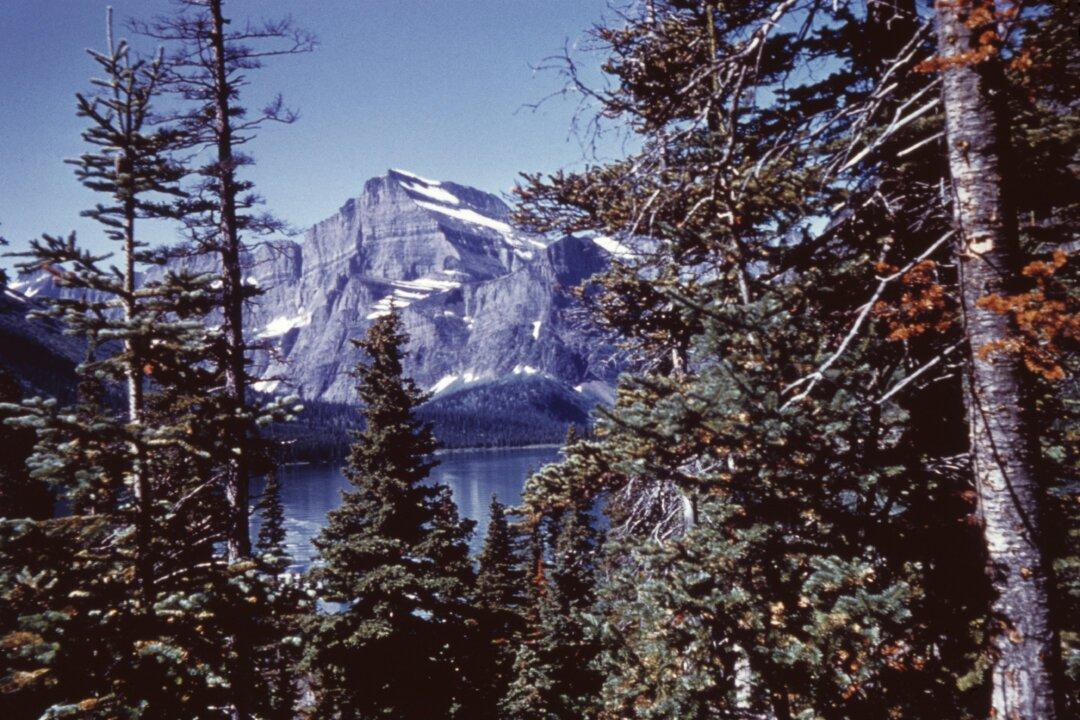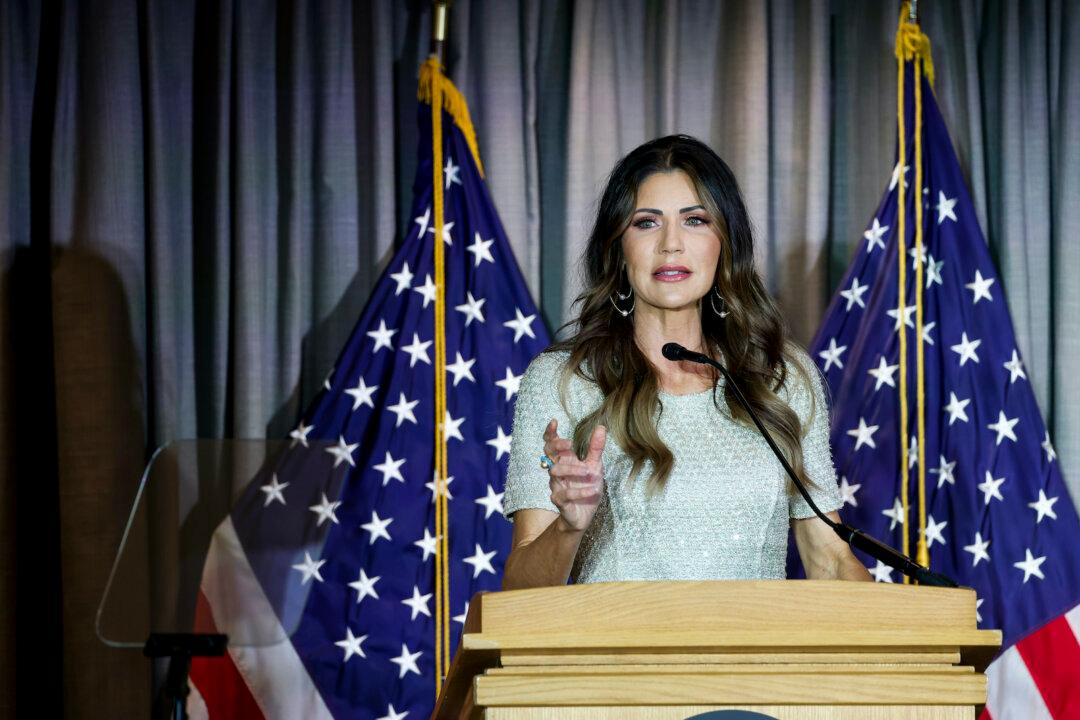A group of Gen Z climate change activists is calling on the court to force the Montana government to go green in a fight over the state’s climate laws and regulations.
In Held v. Montana, 16 kids, ranging from ages 5 to 22, from across Montana argue that state legislators have put the interests of the state’s fossil fuel industry over their climate future.Montana’s governor, attorney general, and the Republican supermajorities of both houses previously tried to stop the lawsuit from going to court but failed. The government is still determined to produce oil, gas, and coal and keep the fossil fuel industry running.
The young activist is represented by Our Children’s Trust, which filed the climate lawsuit on behalf of the young plaintiffs, and is the first case in Montana to go to trial, which is set to last two weeks.





